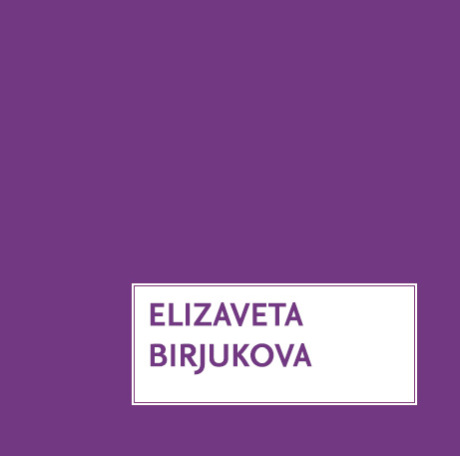
Elizaveta Birjukova grew up in a family of actors and musicians in Central Russia. She already had an impressive background — Sergei-Rachmaninoff-grant, participation in regional and international competitions, as well as awards — when she came to Germany as a sixteen-year-old. During her studies at the University of Music and Theatre in Leipzig she continued to deepen her stylistic understanding of Baroque music and began to discover the New World of 20th century classical music. That is not all, though. Her studies of the different styles of these kinds of music and the approach to their basic principles were accompanied by the acquisition of practical skills: she profoundly learned how to play the entire instrumental corpus of the flute family — ranging from the baroque and the classical transverse flute to the Alto flute and Bass flute. During advanced studies in Weimar, Elizaveta Birjukova received fresh impulses for her soloist activities in concerts and with ensembles, which she had already begun intuitively at Leipzig. Highlight: her graduate recital, critically acclaimed by the press, of Krzysztof Penderecki’s Flute concerto in Jena (Germany) and in Mariánské Lázně (Czech Republic). Elizaveta Birjukova’s interpretation beyond the normal scope of the possibilities and limitations of flute performance has been shaped by travels to Baroque festivals in France, by soloists appearances at the Darmstädter Ferienkurse für Neue Musik (for which she received an award), by performing the concerto by Carl Reinecke at the international festival “Young Stars of the 21st Century” in Samara/Russia, by participating as chamber musician at festivals in Mecklenburg-Vorpommern, Salzburg, Bonn, Weimar, Darmstadt, Prague, as well as by cofounding of and playing at, the ensembles for 20th century classical music marges and klangwerkstatt weimar, and by teaching at master classes and workshops.Without doubt, the master classes Birjukova took with Aurele Nicolet, Wally Hase, Carin Levine, Jacques Zoon, Renate Greiss-Armin, Barthold Kuijken, Mario Caroli, Eckardt Haupt as well as her work with well-known and young composers such as Christhobal Halffter, Brian Ferneyhough, Klaus Huber, Younghi Pagh-Pan, Gwynn Pritchard, Gabriel Iranyi, Misato Mochizuki, Claus-Steffen Mahnkopf, Rei Munakata were quite “nourishing” when she embarked on her own path. Birjukova’s pronounced exploratory urge is noticeable in each of her ventures. It is tightly knit together with her instrumental world. The world of visual arts and of singing, of books and cinema, Jean Paul and Jane Austen to Chlebnikov, Charms and Filonov: the world of Antonioni and Tarkovski to Tarantino, Callas and so on. The recognizable, audacious guile of Birjukova’s style of performance is unthinkable without these influences. Even the work on her doctoral thesis is influenced by it.If it were possible to choose a means of transport for her artistic growth, Birjukova probably would prefer the flying carpet and all it stands for: proximity to nature, readiness to assume risk, the infinity and depth of space; and of course the possibility to jump off without having to brake in order to intuitively follow the signposts of interests along the eternally young paths of art.